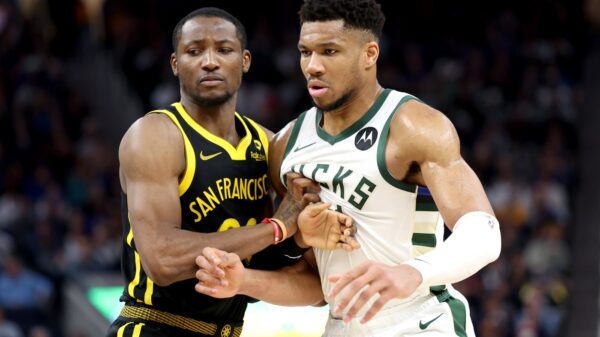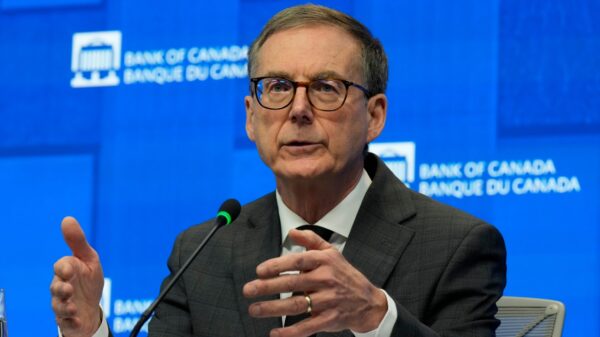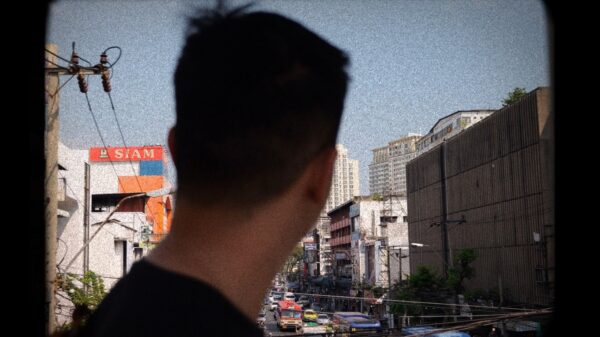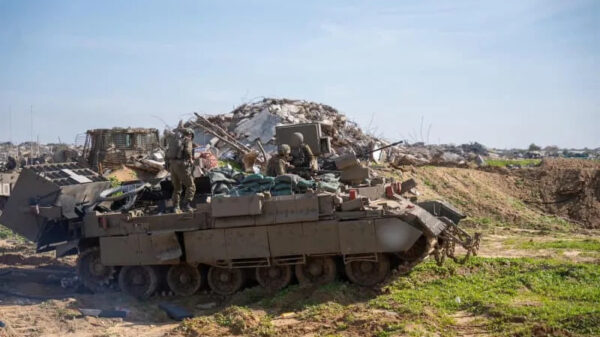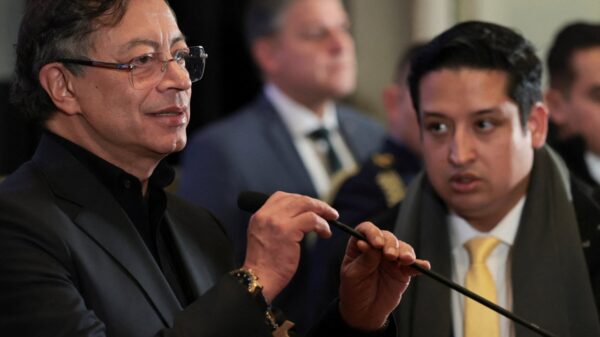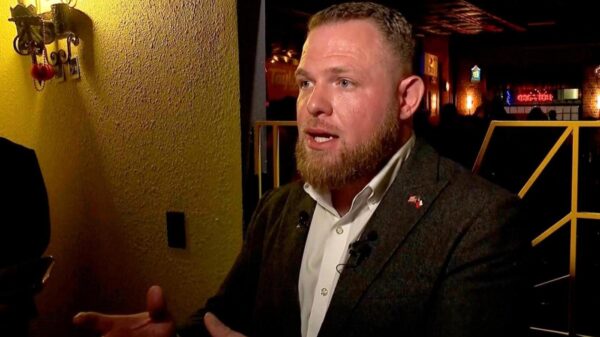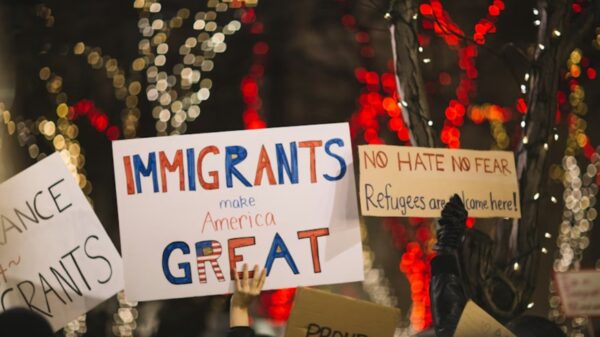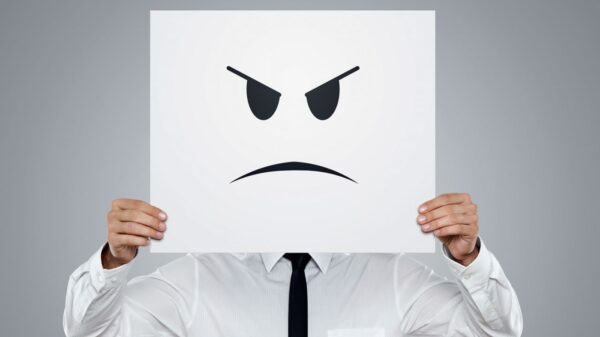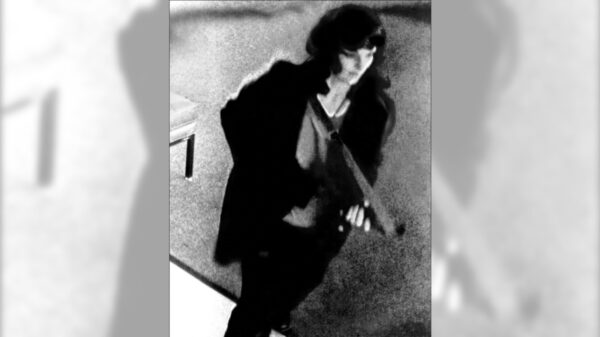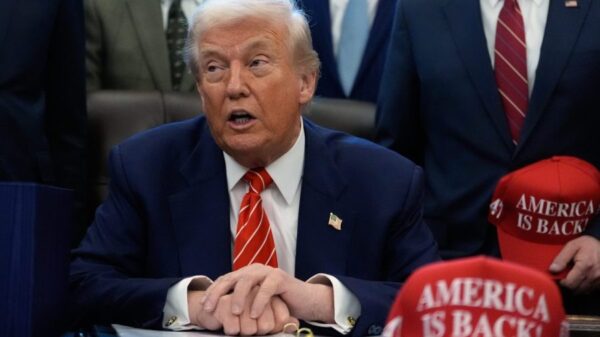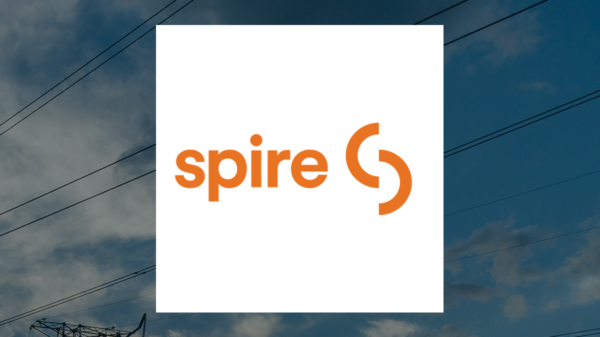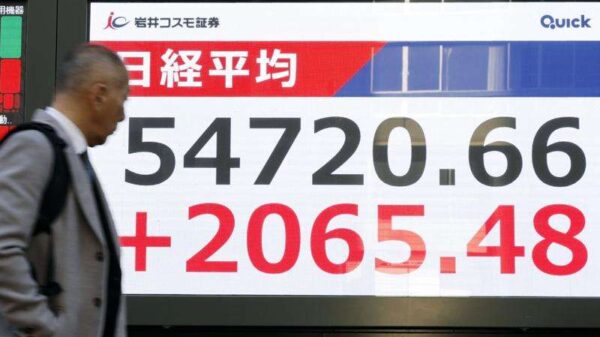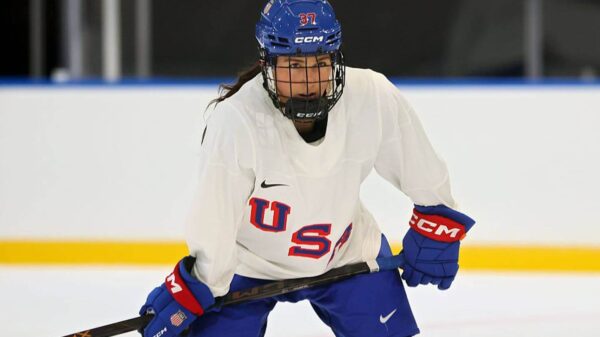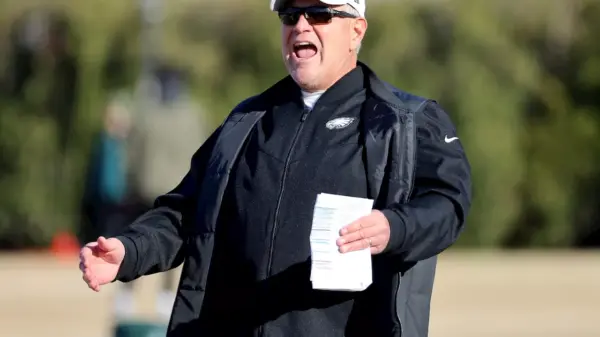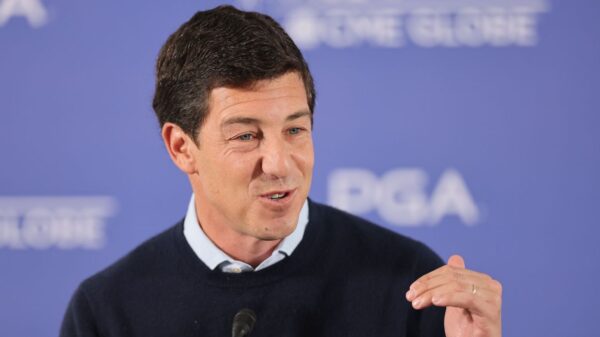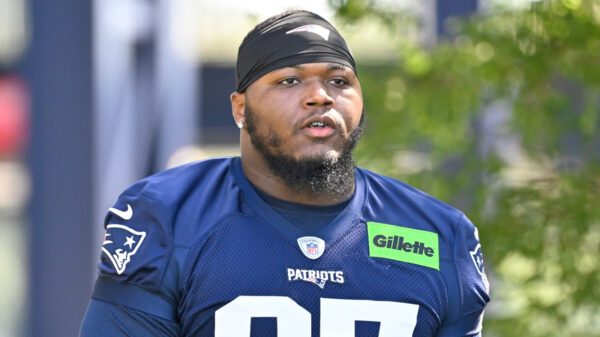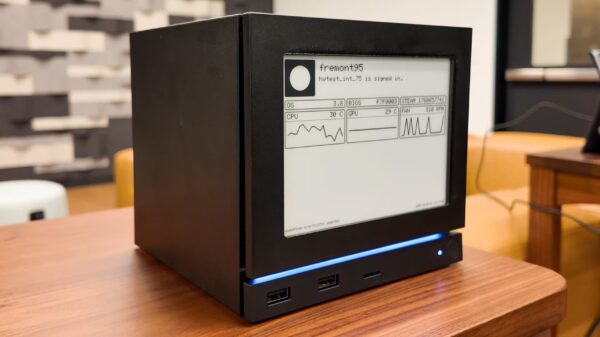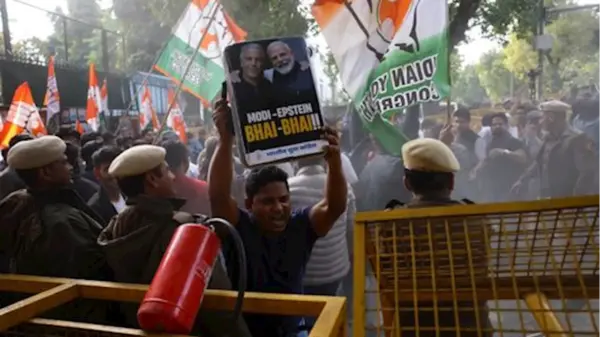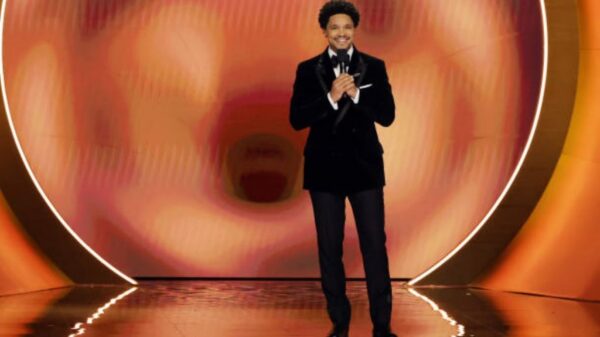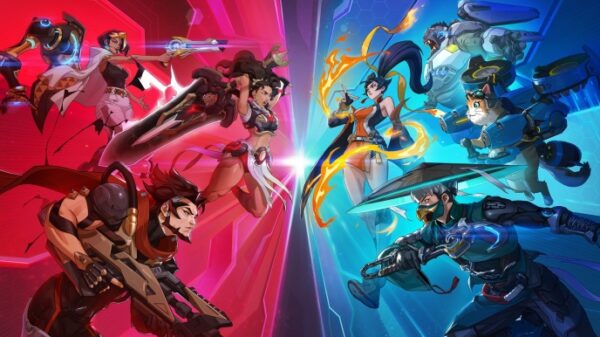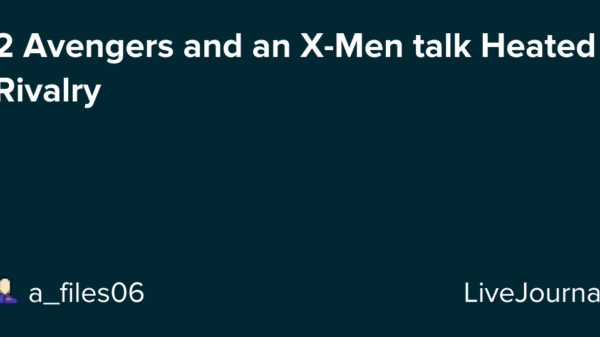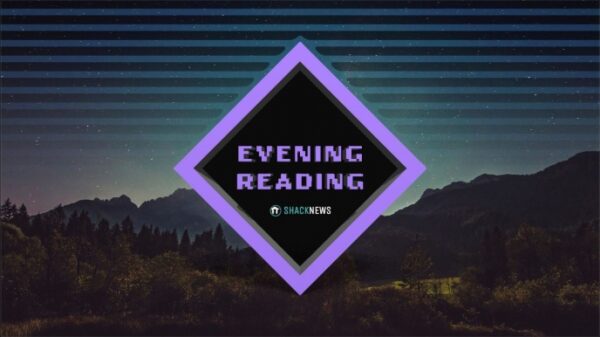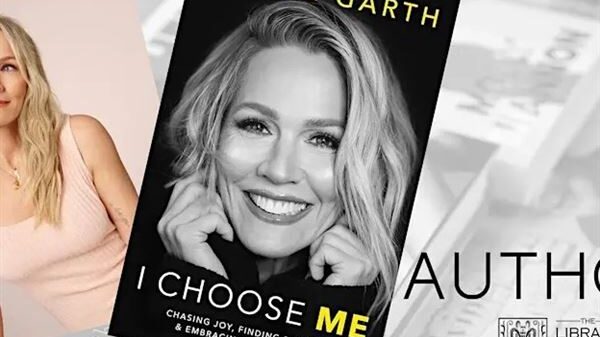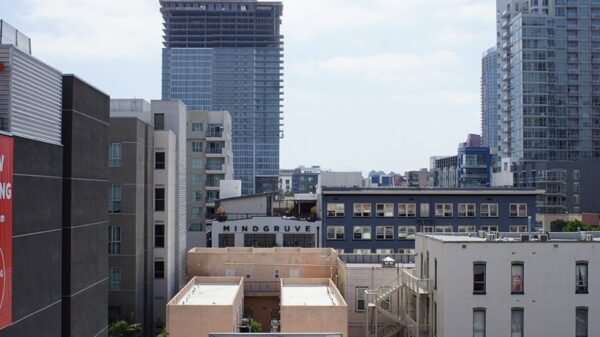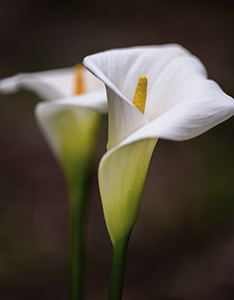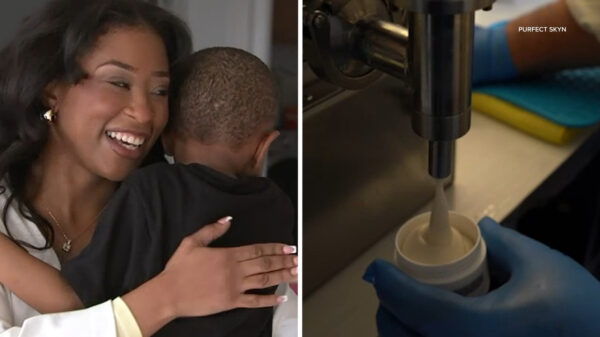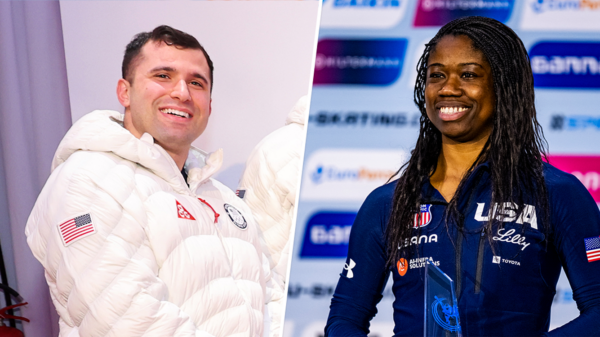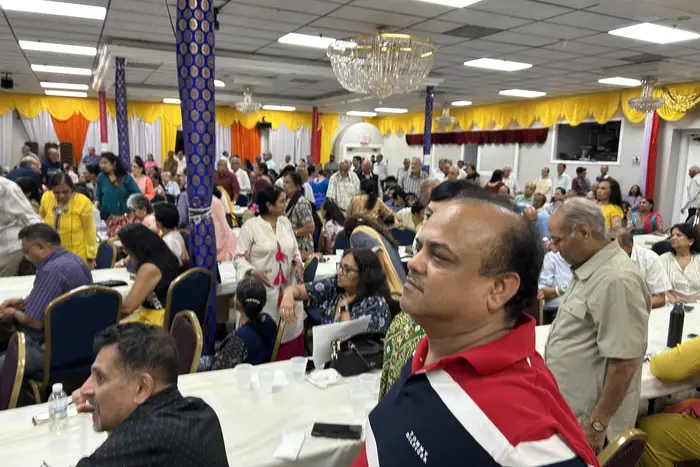Democrat Zohran Mamdani is striving to make history as New York City’s first Asian American and Muslim mayor in the upcoming election. While his campaign has garnered significant support from various immigrant communities in the city, he is encountering substantial backlash from within the South Asian community. Critics accuse Mamdani of holding anti-Hindu sentiments, citing his policy positions and remarks on foreign policy as evidence.
Mamdani, born in Uganda to Indian Muslim parents, has faced a torrent of Islamophobic attacks, particularly from some Hindus both in India and within the diaspora. A report by the Washington, D.C.-based Center for the Study of Organized Hate highlights how local political races, such as the one in New York, can feed into a larger global grievance network.
At a recent event held at the Gujarati Samaj cultural center in Queens, controversial Hindu speaker Kajal Hindusthani labeled Mamdani “a new demon” obstructing a vision of “Ram Rajya” for Hindus. Addressing an audience of approximately 350 attendees, she urged them to vote against him, asserting, “As long as demons are alive on earth, Ram Rajya cannot come.” This instance exemplifies how religious tensions that typically characterize the Indian subcontinent are now influencing New York City’s political landscape.
Despite the vocal opposition, Mamdani has also found support among some Hindus who believe he embodies a commitment to pluralism. His campaign has not publicly addressed the specific criticisms but has emphasized the importance of unity. In July, after Mayor Eric Adams withdrew from an event alongside Hindusthani, Mamdani stated, “We should be bringing New Yorkers together, not stoking division.”
The implications of these tensions are significant in a city with a South Asian population of around 450,000, which includes approximately 255,000 Indians, 103,000 Bangladeshis, and 64,000 Pakistanis. The demographic makeup is diverse, with nearly half of the Indian-American population identifying as Hindu, while around 60% of Bangladeshi and Pakistani Americans are Muslim, according to the Pew Research Center.
Opposition to Mamdani has manifested in various forms. A group named Indian Americans for Cuomo even flew a banner over the city declaring, “Save NYC from Global Intifada. Reject Mamdani.” Political activist Prachi Patankar from Savera, a network of progressive Indian American groups, remarked that while a vocal minority within the Indian community espouses anti-Muslim beliefs, the majority are concerned about both Hindu majoritarianism in India and rising white nationalism in the United States.
Political scientist Sangay Mishra from Drew University posited that some Hindu voters have adopted anti-Muslim sentiments against the backdrop of broader anti-immigrant attitudes. He explained that many Hindus feel compelled to distance themselves from Muslims, who are often portrayed negatively in American political discourse.
Mamdani’s own statements have also drawn scrutiny, particularly his characterization of Indian Prime Minister Narendra Modi as “a war criminal.” Suhag Shukla, executive director of the Hindu American Foundation, described Mamdani’s criticisms as legitimate but expressed concern over his “liberal use of the terms ‘extremist’ and ‘fascist’” regarding Hindu American leaders.
The destruction of a Gandhi statue outside a Hindu temple in Queens three years ago has also fueled criticism, as Mamdani did not publicly address the incident. Although the vandalism was initially investigated as a hate crime, charges were ultimately dropped. The Coalition of Hindus of North America criticized Mamdani for supporting legislation aimed at prohibiting caste-based discrimination, asserting it would unfairly target South Asians, particularly Indian Americans and Hindus.
Despite the criticism, some within the Hindu community advocate for Mamdani’s candidacy. Dr. Uma Mysorekar, president of the Hindu Temple Society of North America, acknowledged concerns but emphasized that they should not be based on his Muslim identity. “It’s just not fair to judge him based on the fact that he’s a Muslim or a follower of Islam,” she stated, encouraging voters to consider his potential contributions to the city.
Yet, not all Hindus share that perspective. Amita Parikh, a resident of Bellerose, Queens, expressed her support for Hindusthani’s message of women’s empowerment and voiced fears about Mamdani’s election, suggesting it could lead to a shift toward a “Muslim country.” In contrast, Jagruti Shah, an immigrant and retired medical professional, criticized Hindusthani’s rhetoric, underscoring a desire for peace rather than conflict.
Mamdani also counts vocal supporters among the Hindu community. Lavanya Daradhalli, an immigrant from India and member of the group Hindus for Zohran, remarked that Mamdani embodies a pluralistic vision. “He really reflects everything we are,” she said, rejecting the divisive messages from critics.
Mamdani has actively participated in Hindu events, including a Diwali celebration in Queens, where he linked the festival to themes of affordability and community well-being. “This celebration, Diwali, is about the triumph of light over darkness,” he noted, addressing the challenges many New Yorkers face.
As the election approaches in November, the dynamics surrounding Mamdani’s candidacy are likely to significantly influence South Asian voter turnout. The increasing tensions within the community reflect broader societal issues, as various factions grapple with identity, faith, and the future of New York City.




